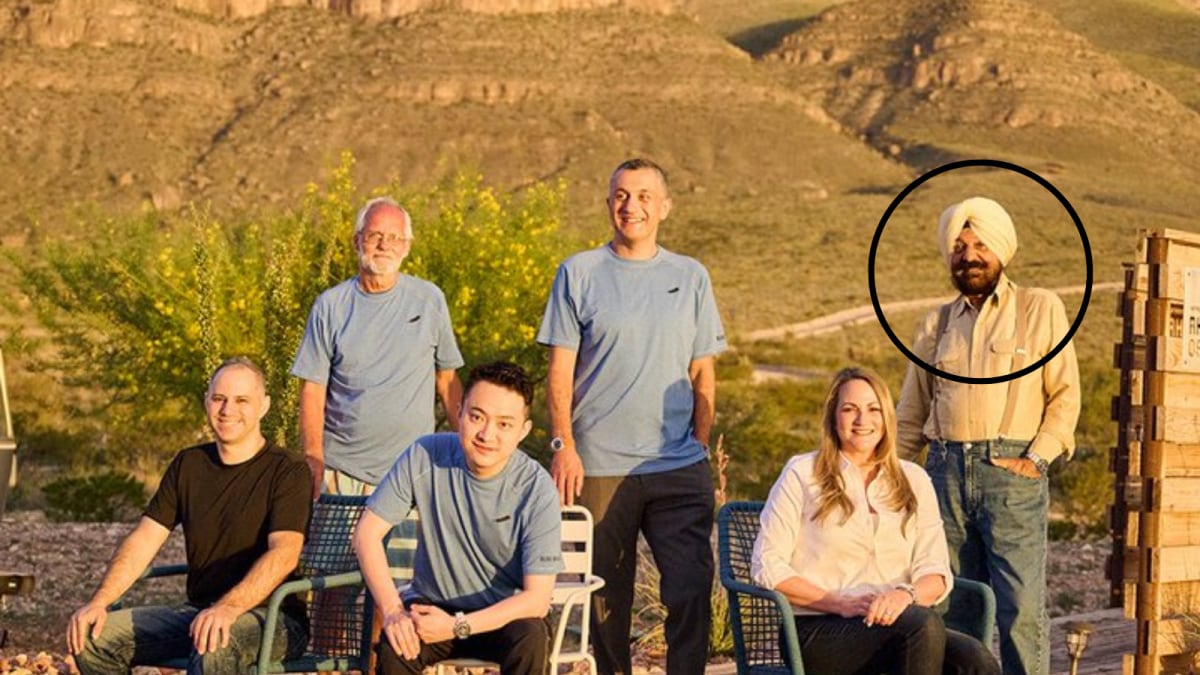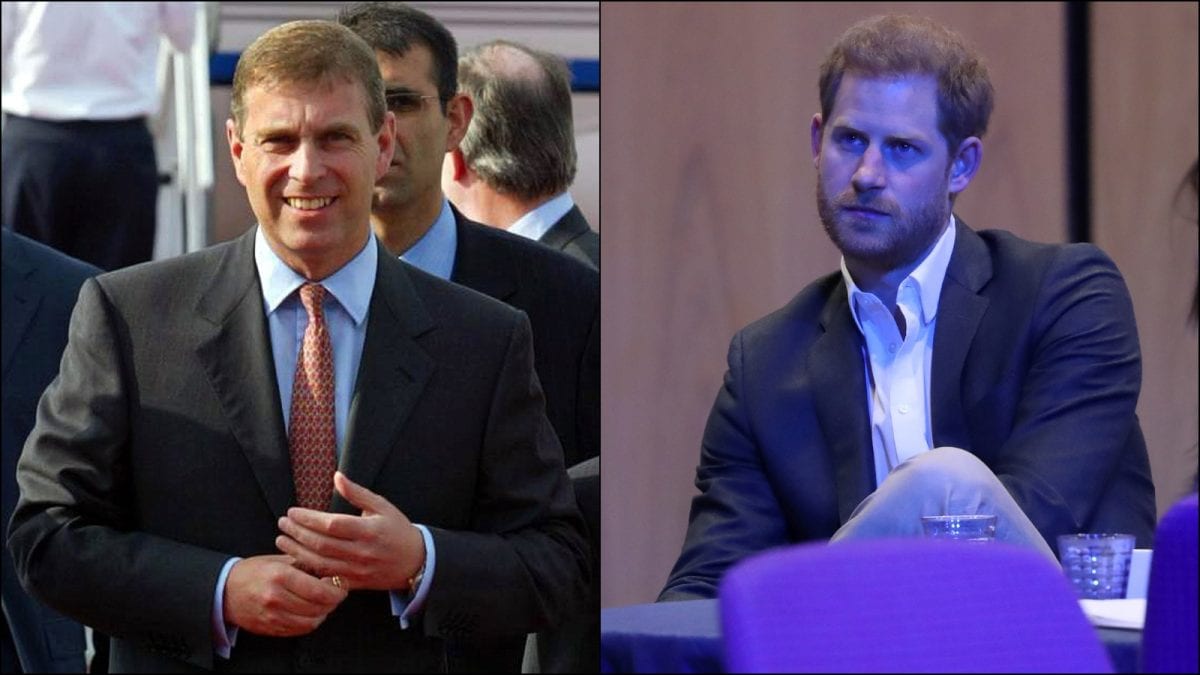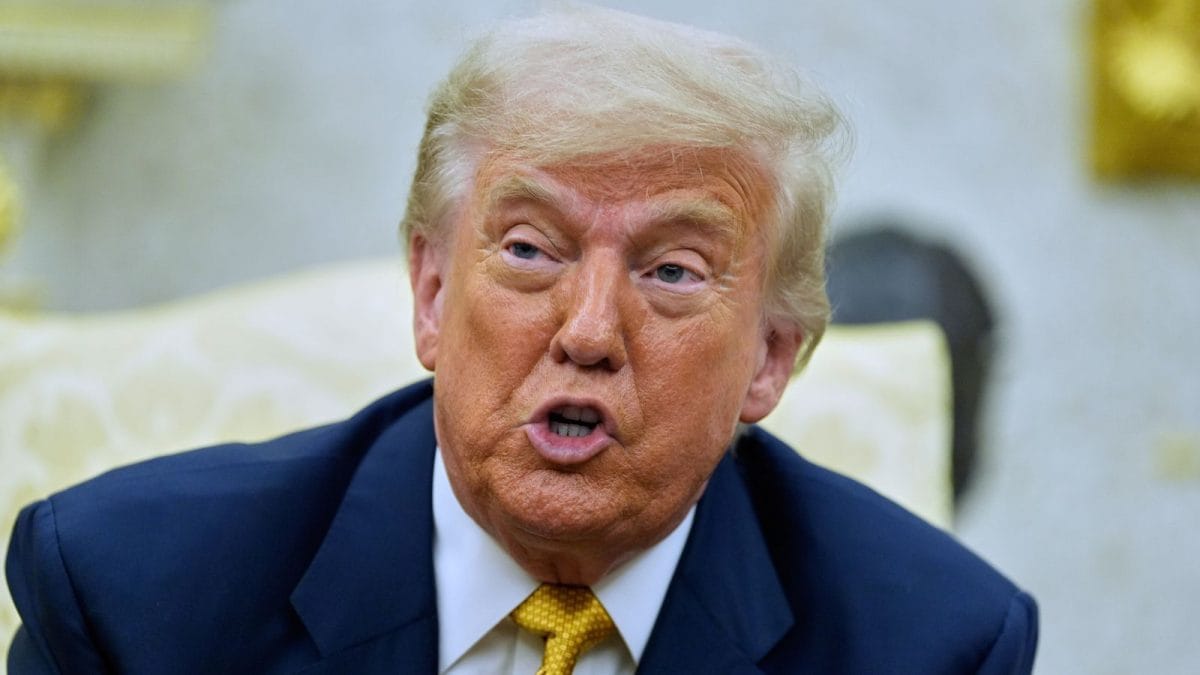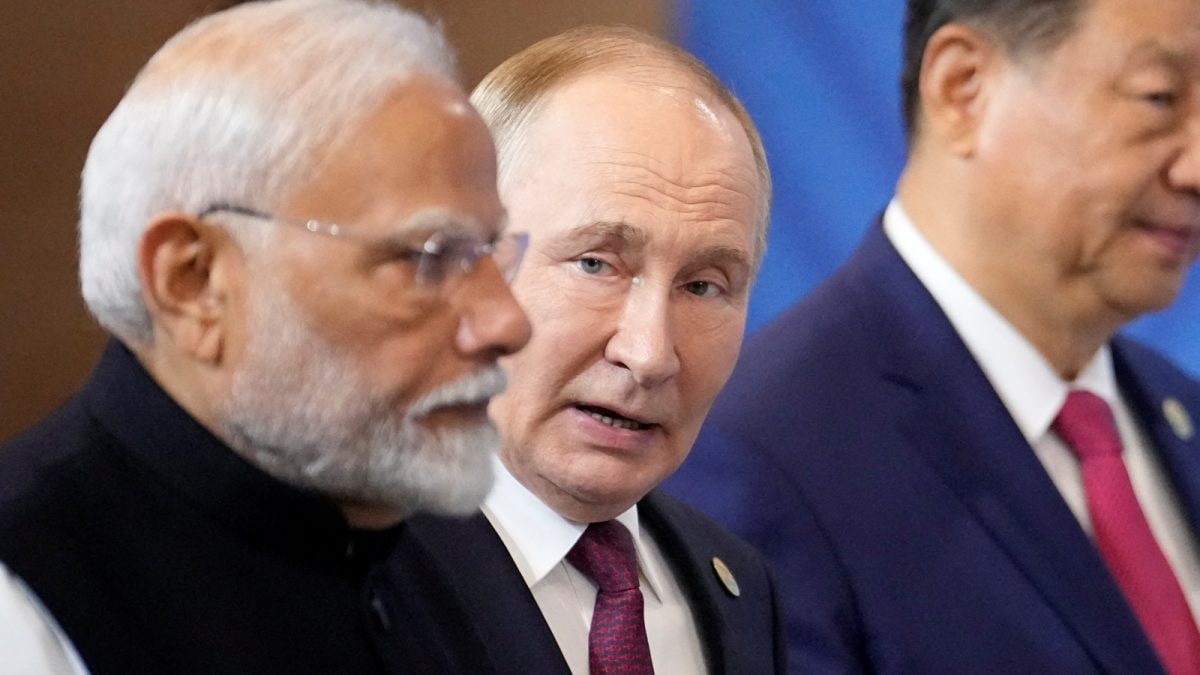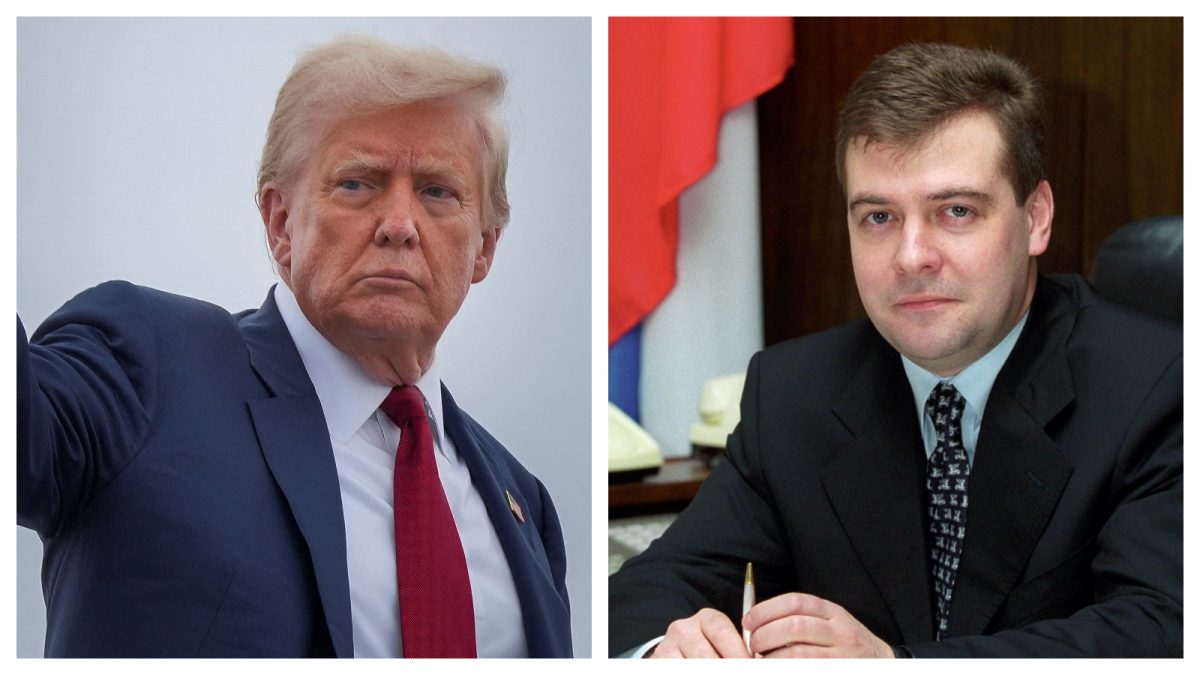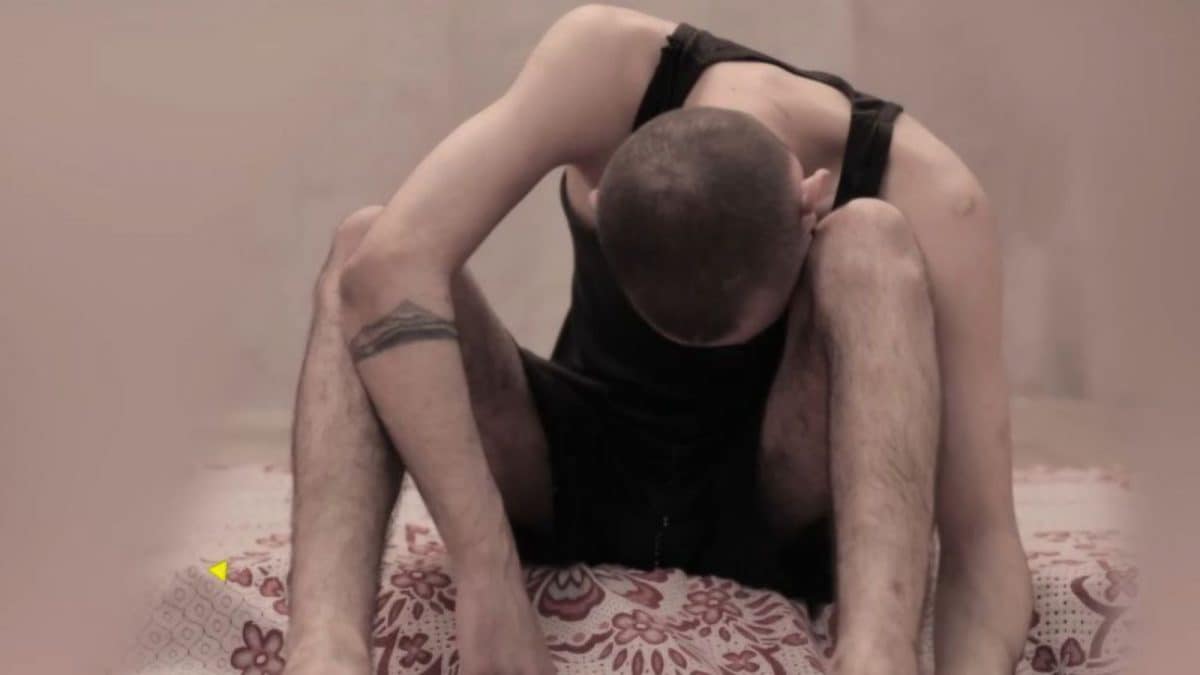With Eid al-Adha approaching, Pakistan's Punjab and Sindh provinces have tightened their stranglehold on the Ahmadiyya Muslim community, imposing a penalty of 5 lakh Pakistani rupees if they take part in the festival or perform qurbani, even in private. This adds to Pakistan's repressive measures over the decades against Ahmadiyya Muslims, who played a key role in the Islamic Republic's formation.

The Ahmadiyya community in Pakistan faces State repression, ironically, in a country they helped create. (AFP Image for representation)
The Ahmadiyya Muslims, who under Hazrat Khalifatul Masih I had extended unequivocal support to Muhammad Ali Jinnah and his Muslim League for the creation of Pakistan on religious grounds, are now bearing the brunt of repression in the very Islamic Republic they helped form. With Eid al-Adha less than a week away, Pakistan's marginalised Ahmadiyya community is facing growing pressure to forgo qurbani (sacrifice) and other rituals, even in the confines of their homes, with Punjab provincial authorities now demanding affidavits warning of a Rs 5 lakh (PKR) fine for violations.
The police in several districts of Punjab and Sindh provinces have been detaining members of the Ahmadiyya community, and threatening and harassing them into signing undertakings that they not perform Eid rituals.
Eid al-Adha 2025 is on June 7.
Come Eid, the Pakistani establishment-run state reminds the Ahmadiyya community that they don't belong to the republic that their forefathers helped build.
The Ahmadiyya community, numbering around 2 million, faces severe persecution in Pakistan, including violent attacks and legal discrimination. They are not recognised as Muslims under a 1974 constitutional amendment. Barred from reading the Quran or performing namaaz openly, Ahmadis have also been targeted by terrorist groups such as Tehrik-i-Taliban Pakistan (TTP) and Tehreek-e-Labbaik Pakistan.
In June 2024, at least 36 cases of arbitrary arrests and detentions of Ahmadiyyas were reported in Pakistan's Punjab, aimed at preventing them from performing animal sacrifice for Eid, noted Amnesty .
In March this year, around 100 graves belonging to the Ahmadiyya community were desecrated by members of Tehreek-e-Labbaik Pakistan (TLP) in Punjab’s Khushab district.
In some cases, authorities have demanded affidavits from Ahmadiyya without any legal basis. Pakistani law does not specifically prohibit people from the Ahmadiyya community from performing qurbani in private.
AHMADIYYA MUSLIMS MADE TO SIGN AFFIDAVITS IN PAKISTAN
Members of the Ahmadiyya community in Punjab have been instructed to submit affidavits and indemnity bonds, pledging not to observe Eid al-Adha or perform its associated religious rituals, reported the Karachi-based Dawn.
One of the affidavit forms issued by the Punjab government, shared by US-based Pakistani-origin journalist Sabookh Syed, includes a clause requiring signatories to pay a fine of Rs 5 lakh (PKR) for non-compliance.
Despite a full range of repressions against the Ahmadiyya community, officials of Punjab province have offered conflicting explanations for the diktat.
Now, a 2023 notification has been used to bar Ahmadiyyas from identifying as Muslims or practising Islamic rituals. However, legal experts argue that forcing individuals to sign such declarations is unconstitutional and exceeds the authority of local officials, according to a report by the Lahore-based newspaper, The Friday Times.
LAHORE BAR ASSOCIATION WRITES AGAINST AHMADIYYAS
In Punjab's capital, the Lahore High Court Bar Association (LHCBA) added fuel to the fire by writing to the Punjab Inspector General of Police, urging him to take action against the Ahmadiyya community for "violating" the law by organising gatherings resembling Islamic rituals.
The letter, signed by LHCBA President Malik Asif Nissoana and other office bearers, insisted that only Muslims have the right to perform qurbani, and that Ahmadiyya participation "hurts the sentiments of the Muslim majority and risks public disorder", reported Dawn.
Pakistan is a Sunni-majority country and a big chunk of the population does not consider the Ahmadiyya community to be Muslims because the community believes in Mirza Ghulam Ahmad as a prophet, a view seen as heretical to the mainstream Islamic belief that Prophet Muhammad was the final prophet.
The Ahmadiyya community in Pakistan has faced systematic disenfranchisement since the Second Constitutional Amendment in 1974, which declared them non-Muslims, stripping them of religious and legal recognition as Muslims. In 1984, Ordinance XX under General Zia-ul-Haq further restricted their rights, criminalising their practise of Islamic rituals, with penalties of up to three years in prison. As Pakistan took a turn towards radical Islam under Zia, and continued on that path after him, the Ahmadiyya community faced widespread discrimination, including voter exclusion through separate electoral lists, effectively barring them from political participation.
Published By:
Sushim Mukul
Published On:
Jun 4, 2025
Tune In

 1 month ago
1 month ago





